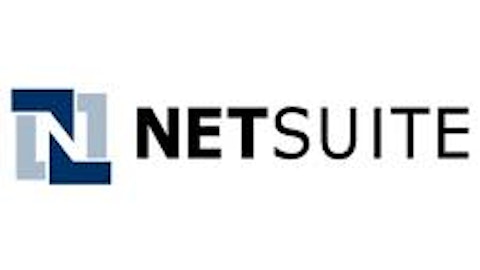Hertz Global Holdings, Inc. (NYSE:HTZ) has experienced a nice rise since the beginning of November 2012, climbing from $13.10 per share to $25.20 per share. Interestingly, Hertz Global Holdings, Inc. (NYSE:HTZ) is in the portfolio of many famous value investors and funds, including George Soros, T. Rowe Price, and Vanguard Group. Barron’s also expected that its share price might increase by 70% in the next two years. Should investors buy Hertz at its current trading price? Let’s find out.
Dollar Thrifty’s acquisition is a sensible move

At the end of 2012, Hertz Global Holdings, Inc. (NYSE:HTZ) acquired Dollar Thrifty for around $2.3 billion. It could be considered quite a sensible move for the car rental industry consolidation. Currently, there were only three big players (Hertz, Avis Budget Group Inc. (NASDAQ:CAR) and Enterprise Holdings) controlling more than 90% of the car rental market. According to Barron’s, Enterprise Holdings is the number one with 1.3 million vehicles and Hertz Global Holdings, Inc. (NYSE:HTZ) has taken the number two position that previously belonged to Avis Budget Group Inc. (NASDAQ:CAR). Mark Frissora, the company’s Chairman and CEO considered the acquisition as “an excellent strategic fit.”
In the first quarter 2013, Hertz experienced a significant year-over-year growth of 23.4% in transaction days, mainly attributable to Dollar Thrifty’s acquisition. The acquisition was also the main reason for the 27.2% growth in the worldwide average number of the company’s operated cars to 757,100.
For the full year 2013, Hertz expected that it could generate around $10.85 to $10.95 billion and produced around $2.21 billion to $2.27 billion in EBITDA.
Hertz is trading at around $25.20 per share, with a total market cap of around $10.10 billion. Hertz is valued at 16.5 times EV/EBITDA. However, Hertz seems to be cheap if its potential growth is taken into consideration, at only 0.46 PEG. Compared to Avis Budget Group Inc. (NASDAQ:CAR) and its other publicly traded peer, United Rentals, Inc. (NYSE:URI), Hertz has the highest EV multiple.
Its two other peers are cheap relatively to their potential growth, too
Avis Budget Group Inc. (NASDAQ:CAR) has moved down to the third position in the U.S. car rental industry after Hertz’s acquisition of Dollar Thrifty. The company is the owner of two famous brands: Avis and Budget, operating in around 175 countries with three main business segments: North America, International and Truck Rental. This year, Avis acquired Zipcar Inc (NASDAQ:ZIP), the world’s leader in car sharing industry, for around $500 million. Avis estimated that it could achieved around $50-$70 million in annual synergies, including vehicle acquisition and financing costs, and fleet utilization. The three brands, Avis, Budget and Zipcar, would be complementary to each other. Zipcar was the hourly rentals, Avis was for daily rental and Budget was for weekly rentals. Avis Budget Group Inc. (NASDAQ:CAR) is trading around $31.70 per share, with the total market cap of around $3.4 billion. Avis Budget is valued cheaper than Hertz, at only 0.44 times PEG and 12.88 times EV/EBITDA.


